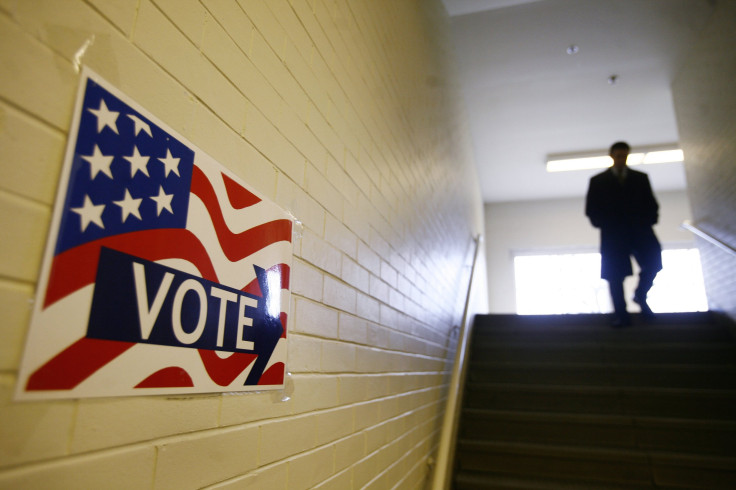Republicans, Democrats Asking Donors For 10 Times More Than They Did In 2012

The price of access to presidential candidates and party leaders just shot way, way up: The Washington Post reported Saturday the top donation tiers for the Republican National Committee and the Democratic National Committee have increased more than tenfold from their 2012 levels. To be considered a top donor to the Republican National Committee during this election cycle, a person or couple must donate $1.34 million; a person or couple looking for the status of a top Democratic donor must pony up $1.6 million.
“You’re going to have a very, very limited number of people who are going to be able to do that figure,” Alan Patricof, a New York venture capitalist and Democratic fundraiser, told the Post. “I think it’s terrible.”
Those donations, which bundlers and committee members will be seeking in the next few months, will get donors more than a signed photo from the candidate of choice. The Post reported top donors to a "Presidential Trust" program chaired by Rep. Paul Ryan of Wisconsin will have the chance to "influence messaging and strategy" at leadership dinners, retreats and other exclusive events.
As recently as four years ago, the maximum amount an individual was allowed to donate to a party was $30,800. Yet a recent loophole nestled in an appropriations bill passed in December 2014 significantly expanded that. While the amount a donor can give directly to a party has not grown much -- it has risen to $33,400 per year -- donors are now permitted to give to separate RNC and DNC accounts meant to fund things like conventions, legal proceedings and building renovations.
The amount an individual donor may give to each of those accounts is capped at $300,600 per year.
The thinking from some is that by raising the amounts individuals can donate to the parties, which are required to disclose the names of their donors, it will bring some measure of transparency back into the private money that has flooded American politics. “This will help stop the uncontrollable flow of non-transparent money and it will help rebuild the parties,” Rick Hohlt, a longtime GOP fundraiser and Washington lobbyist told the Post.
Regardless of whether the new rules shift the balance of fundraising power, it seems that deep-pocketed donors are more than happy to use Super PACs, which do not place limits on donations, and which sometimes do not have to disclose their donors. According to OpenSecrets, some 1,100 Super PACs have already raised more than $300 million in 2016.
The total amount spent on elections is projected to surpass the current record of $6.3 billion, with a great deal of it coming from the wealthiest families and interests. The New York Times reported half of the $388 million raised on behalf of the 2016 presidential candidates came from fewer than 400 families.
© Copyright IBTimes 2025. All rights reserved.





















